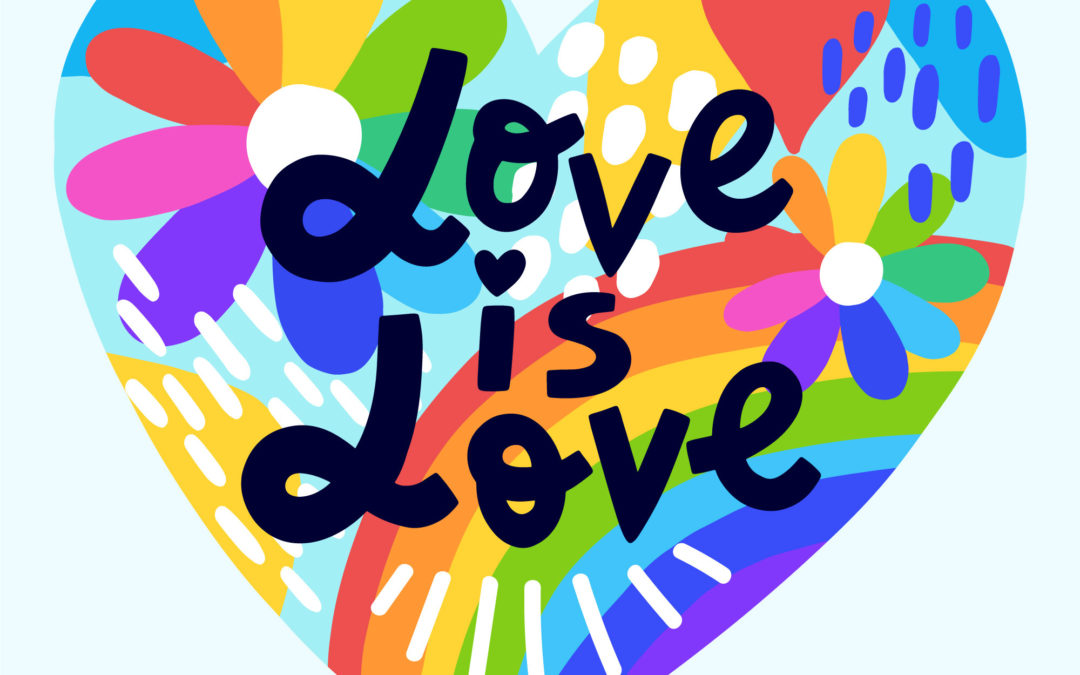Madeline Myers MSW InternDealing with Food & Weight Comments at Holidays With holidays coming up, from...


Madeline Myers MSW InternDealing with Food & Weight Comments at Holidays With holidays coming up, from...

Madeline Myers MSW InternNational Coming Out Day at UpStreet October 11 was National Coming Out Day for the LGBTQ+...

Maddie Myers MSW InternPolyvagal Theory: How Our Bodies Handle Stress What is polyvagal theory? It’s a scientific...
The page you requested could not be found. Try refining your search, or use the navigation above to locate the post.